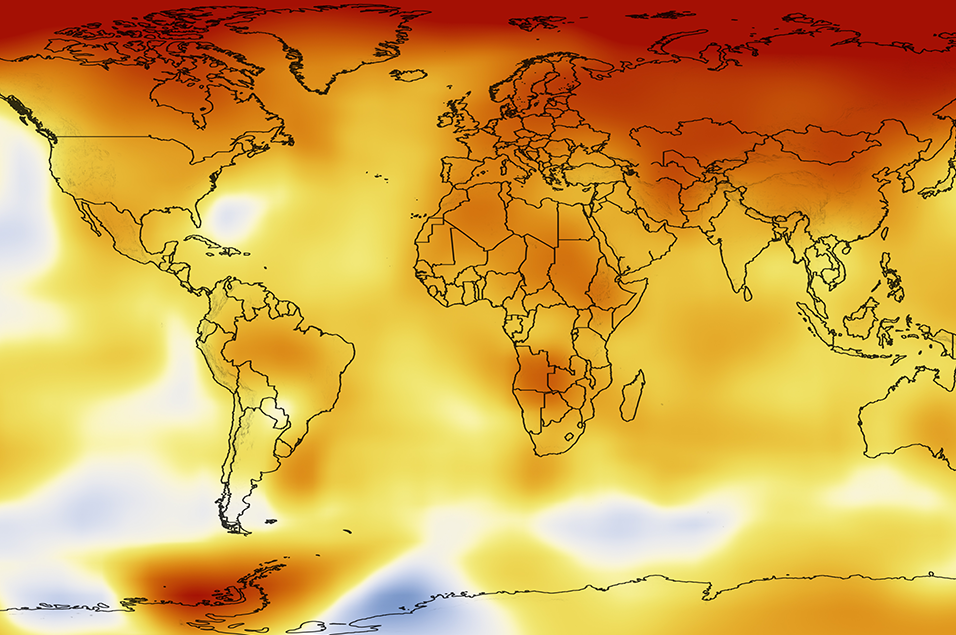If America and Americans want to contain the influence of Iran, improve the health of our economy, and retard growth in global warming, we have at hand a silver bullet that can simultaneously accomplish all three: reduce fuel consumption, particularly gasoline. With a few minor adjustments to our driving habits, we can put more pressure on the Iranian government than another aircraft carrier battle group, we can reduce our burgeoning trade deficit and the upward pressure it exerts on interest rates, and we can turn the corner on reducing greenhouse gas emissions.
Last month alone we consumed a record 9.5 million barrels per day of gasoline. To sustain that we had to import 10.4 million barrels per day of oil and another 1.4 million barrels per day of gasoline. While many politicians speak of reducing our dependence on foreign oil and using new technology to reduce greenhouse gases someday, few have challenged us with what we can do today. The fact of the matter is that we can all contribute today to reining in our appetite for gasoline. Each of us can cut gas consumption by choosing to do any or perhaps all of the following: fully inflate the tires on our cars, put a clean air filter on our cars, put a cover over the bed of our pickup trucks, drive the most fuel efficient vehicle in our family whenever possible, and leave a few minutes earlier for work or wherever we’re going so we don’t have to rush so much and can drive five mph slower. Each of these actions would save a few percent in fuel consumption, and taken together they would not only reduce our personal gas bill at the pump, but would dramatically reduce national fuel consumption, particularly imported oil and gas. In fact, if each American driver and family were to adopt the few small fuel savings practices above, we could save over 1.2 million barrels or 50 million gallons per day. Given a 12-15 percent drop in U.S. gasoline demand, world oil prices would likely fall on the order of $10 to $15 per barrel or more within weeks, and our trade deficit would shrink a total of roughly $6 billion per month: $3 billion per month in reduced consumption plus another $3 billion per month in reduced prices. The U.S. economy would be stimulated by $6 billion more per month in spending primarily on domestic goods and services, while the reduction in energy prices and our trade deficit would simultaneously reduce upward pressure on interest rates. A 12-15% drop in U.S. gasoline consumption would foster sustainable growth and structural stability in the U.S economy by significantly reducing our trade deficit.
Beyond improving the U.S. economy, modestly curtailing consumption of gasoline, would put considerable pressure on the governments of Iran and Venezuela. America’s consistently high consumption of gasoline provides the main support to high world oil prices, and the soaring revenues enemies of our country enjoy. The geopolitical reality in the world today is that the more gas we consume the more we strengthen and embolden our enemies. If America really wants to punish Iran for intransigence on its nuclear enrichment program, and Americans want to avoid even the possibility of a war with Iran someday, we readily have at our disposal a very potent weapon: simply reduce oil and gas consumption. The few simple steps outlined above show we can do it. The regimes of Venezuela President Chavez and Iranian President Ahmadinejad depend totally on oil revenues. Though we don’t import oil directly from Iran, a drop in world oil prices based on a drop in U.S. gas consumption would significantly undermine the regime of Iranian President Ahmadinejad and the boldness with which he defies the United Nations over his uranium enrichment program. Millions of ordinary Americans modestly adjusting their driving habits can do as much or more to fight enemies of our country than the Bush Administration’s saber rattling or pushing more troops into harms way.
With respect to global warming, if the few simple actions suggested above were adopted by most of us, we would reduce greenhouse gas emissions by 140-160 million tons per year. That would be an enormous step forward, and while it wouldn’t stop global warming, it would amount to our best stride to date in reducing greenhouse gas emissions. We have a choice: we can take small tangible steps today to stem global warming, or we can hope that someday technology will save us. We can modestly reduce gas consumption today, or allow global warming to force us in the not too distant future to take much more radical steps. The facts are clear: we cannot continue to spew out greenhouse gases with impunity. Hurricanes on the Gulf Coast and droughts in the Southwest are going to force us to slow down fuel consumption or face the consequences. And those consequences, once set in motion, will be severe and long lasting.
As Americans, both individually and collectively we can contain the growing influence of Iran, improve the health and stability of our economy and retard the growth of global warming by simply taking a few modest steps now to reduce fuel consumption. All we need to do is make sure the tires on our cars are fully inflated, put new air filters in our cars, put a cover over the bed of our pickup trucks, and leave a few minutes earlier for wherever we’re going so we can slow down a few miles per hour. It’s that simple.

